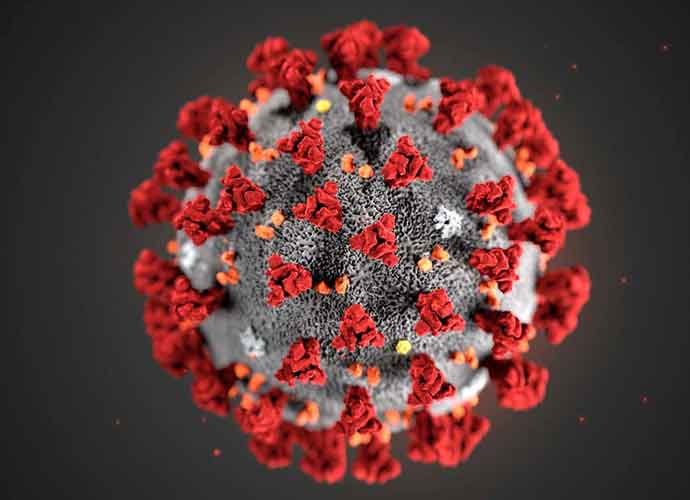Documented Case Of Nevada Man Contracting COVID-19 Twice Raises Questions About Immunity Theories
Doctors reported a 25-year-old in Nevada tested positive for COVID-19 a second time, with the second infection presenting worse symptoms than the first, and casting doubt on just how much immunity the body builds up after initial exposure to the virus.
The study, published in the Lancet Infectious Diseases, showed that the man was hospitalized due to an inability to get enough oxygen into his body.
The man began experiencing symptoms for the first time in March and tested positive for COVID-19 on April 18. He tested positive a second time on June 5 while experiencing severe shortness of breath. He reportedly tested negative for the virus twice in between infections and researchers confirmed the two viruses were separate — not a period of dormancy — as the genetic codes of each virus were different.
“Our findings signal that a previous infection may not necessarily protect against future infection,” said Dr. Mark Pandori of the University of Nevada. “The possibility of reinfections could have significant implications for our understanding of Covid-19 immunity.”
Subscribe to our free weekly newsletter!
A week of political news in your in-box.
We find the news you need to know, so you don't have to.
Reinfection still remains rare with few documented examples, though the virus is still to know to know for certain. Other cases of recurrence have not been more severe than the first, except a similar case in Ecuador which did not require hospital treatment.
The Nevada man may have fared worse the second time either because he was exposed to a larger initial dose or the virus, or that his immune response and antibodies from the first infection caused the second infection to be worse.
Professor Paul Hunter of the University of East Anglia said the study reaffirmed the need for further research and information.
“Given the fact that to date over 37 million people have had the infection, we would have expected to have heard of many more incidents if such very early reinfections with severe illness were common,” Hunter told BBC. “It is too early to say for certain what the implications of these findings are for any immunization program. But these findings reinforce the point that we still do not know enough about the immune response to this infection.”
Get the most-revealing celebrity conversations with the uInterview podcast!






Leave a comment